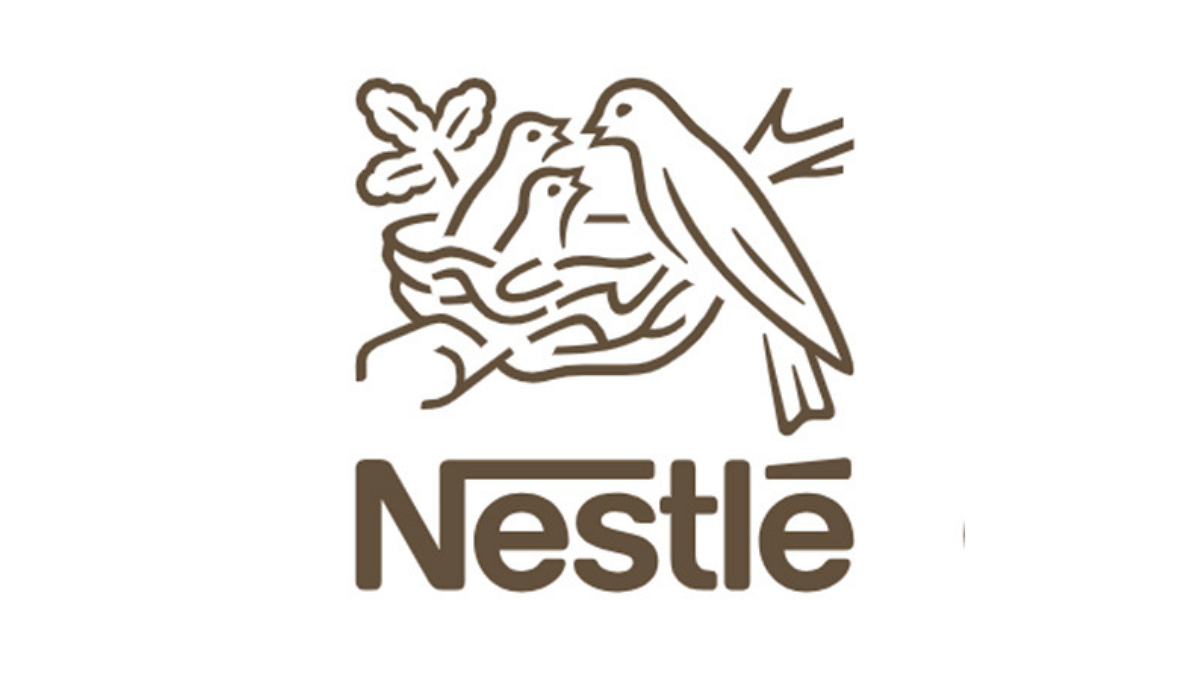New Delhi: International food giant Nestlé adds sugar to powdered baby food in low- and middle-income countries including India, but not in rich countries, a mega investigation by Swiss investigative agency Public Eye and the International Baby Food Action Network (IBFAN) has revealed.
The results of this investigation — based on lab analysis of 150 products collected from across continents — were released Wednesday.
Cerelac and Nido are some of Nestlé’s best-selling baby-food brands in low- and middle-income countries. In India, Cerelac — baby cereal with milk — is promoted as a complementary food product for infants and toddlers aged between six and 24 months.
The investigation showed that “in India, where sales of Cerelac- surpassed $250 million in 2022, all Cerelac baby cereals contain added sugar, on average nearly 3 grams per serving”.
The exercise also found that almost all Cerelac infant cereals examined contain added sugar — nearly 4 grams per serving on average for all these countries, equal to roughly a sugar cube — although they are targeted at babies from six months of age.
The highest amount — 7.3 grams per serving — was detected in a product sold in the Philippines.
When contacted by ThePrint, a Nestlé India spokesperson said the company believed in the nutritional quality of its products for early childhood and prioritised using high-quality ingredients.
“Over the past 5 years, Nestlé India has reduced added sugars by up to 30 percent, depending on the variant, in our infant cereals portfolio (milk cereal based complementary food). We regularly review our portfolio and continue to innovate and reformulate our products to further reduce the level of added sugars without compromising on quality, safety and taste,” the spokesperson added.
However, in a statement commenting on the findings from the investigation, Nigel Rollins, a scientist at the World Health Organization (WHO): “There is a double standard here that can’t be justified.”
A statement from Public Eye and IBFAN said: “For Rollins, the fact that Nestlé does not add sugar to these products in Switzerland but is quite happy to do it in lower resource settings is problematic both from a public health and ethical perspective.”
It quoted Rollins as saying that manufacturers may try to get children accustomed to a certain level of sugar at a very early age, so that they prefer products high in sugar.
The statement said that, “for Nestlé, not all babies are equal when it comes to added sugar”.
While in Switzerland, where the company is headquartered, the main infant cereals and formula brands sold by the multinational come without added sugar, most Cerelac and Nido products marketed in lower-income countries do contain added sugar, often at high levels.
For example, in Switzerland, Nestlé promotes its biscuit-flavored cereals for babies aged from six months with the claim “no added sugar”, while in Senegal and South Africa, Cerelac cereals with the same flavour contain 6 grams of added sugar per serving.
Similarly, in Germany, France and the UK — Nestlé’s main European markets — all formulas for young children aged 12-36 months sold by the company contain no added sugar. And while some infant cereals for young children over one year old contain added sugar, cereals for babies aged six months do not.
Direct link with metabolic disorders
The WHO says that in the first year of life, the administration of added sugar should be avoided, while it should be restricted for other age groups. It links this added sugar to metabolic diseases such as obesity and diabetes, which occur due to malfunctioning in the way the body converts food into energy and gets rid of the waste.
But the latest investigation says the amount of added sugar is often not even disclosed in the nutritional information available on the packaging of even baby food products. In most countries, including Switzerland and across Europe, companies are only required to indicate the amount of total sugars, which also includes those naturally present in milk or whole fruit, and are not harmful to health.
“While Nestlé prominently highlights the vitamins, minerals and other nutrients contained in its products using idealising imagery, it’s not transparent when it comes to added sugar,” said the joint statement.
Dr Arun Gupta, convenor of nutrition think tank Nutrition Advocacy for Public Interest, expressed shock at the findings and asked why Indian children should be considered different and in need of added sugar in a “product inherently unhealthy”.
“India is currently facing a public health crisis of obesity and diabetes which begins right from childhood, and more than half of the children [aged] from 5 to 19 years have biomarkers of metabolic disorders, as found in a report by the the government,” said Gupta, who was also formerly a member of the Prime Minister’s National Council on India’s Nutrition Challenges.
“I believe adding sugar to each serving makes children addicted to a product and they happily consume it, which also makes parents rely on these brands,” said the nutrition expert.
Meanwhile, on the eve of the company’s annual general meeting, a petition by the two investigating organisations also demanded that Nestlé “put an end to this unjustifiable and harmful double standard, which contributes to the explosive rise of obesity and leads children to develop a life-long preference for sugary products”.
Nestle controls 20 percent of the baby-food market globally, valued at nearly $70 billion.
(Edited by Tikli Basu)
Also read: 70% of 36 popular protein supplements sold in India mislabeled, 14% contain toxins, says new study

